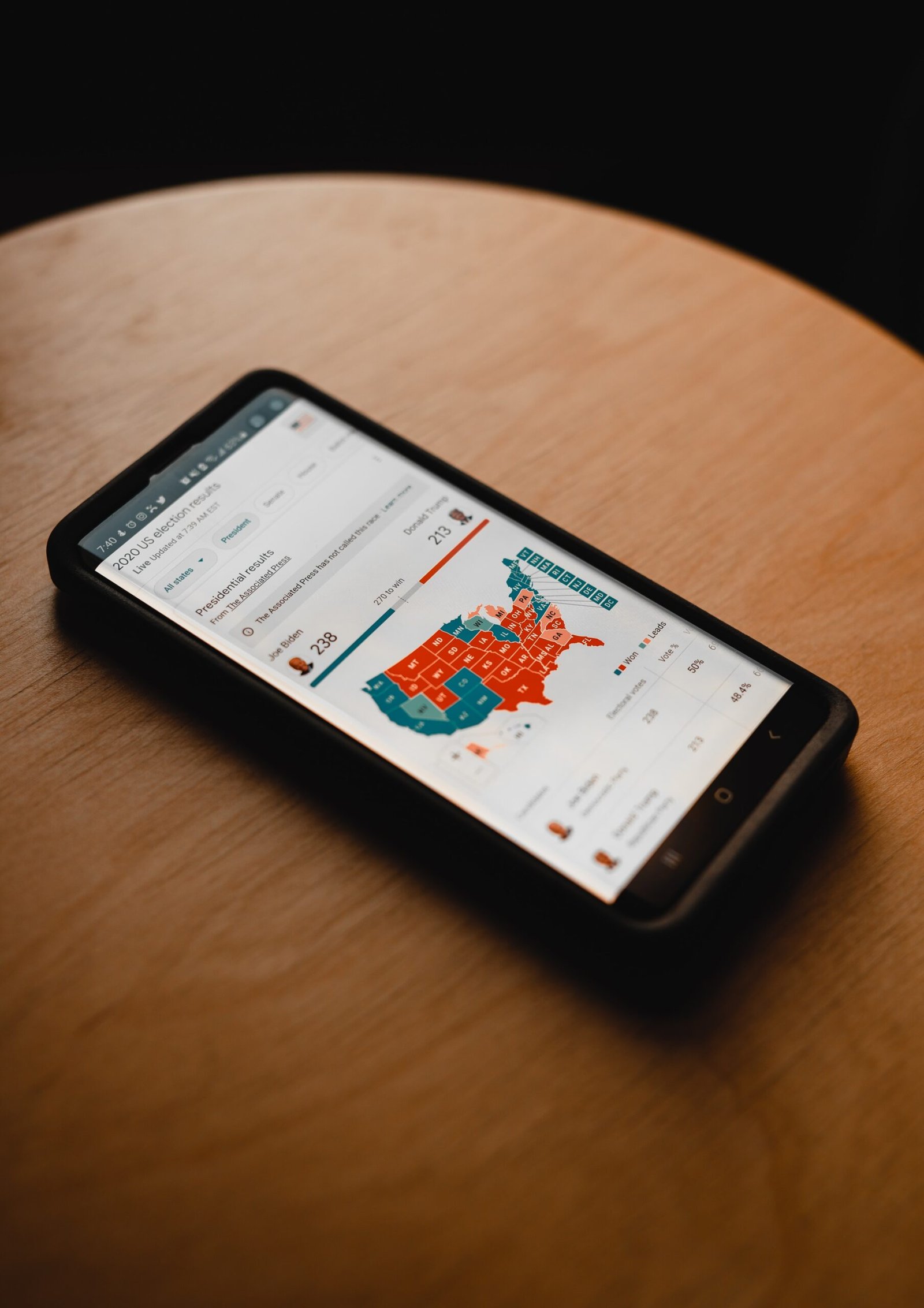Israeli Psychologists and Social Workers Wage War on Invisible Frontlines for Mental Health
Mental health hotlines received over 100,000 calls in January, providing crucial support for Israelis’ psychological well-being amid the ongoing conflict
Israeli soldiers are tirelessly working on all fronts to ensure the safety of the country’s citizens. Despite successfully thwarting the recent Iranian attack while continuing to fight against terrorist organizations like Hamas and Hizbullah, there is yet another critical front where an intense battle is playing out. This battle is for the psychological well-being and mental health of Israelis.
Since Oct. 7, mental health hotlines have been busy providing psychological help and unwavering support to Israelis, who have been sharing their anxiety and pain brought on by the terror attacks and war. In January alone, health professionals reported over 100,000 distressed calls to these mental health hotlines, which offer psychological assistance in Hebrew, Arabic, English, Russian, and sometimes French and Spanish. These hotlines ensure that every Israeli citizen, regardless of religion and culture, receives the mental health support they need.
In addition to providing emotional support hotlines, Israel’s Ministry of Health is also assisting Israelis with psychological support via resilience centers that provide therapeutic services to help cope with the war.
Alice, a beneficiary of one of these mental health services, told the Media Line that she sought help for stress and anxiety, which she has been experiencing since Oct. 7.
It was difficult for me to concentrate; any sound scared me; I was very anxious and had trouble falling asleep.
“A few months after the start of the war, when I heard another siren, I realized that I couldn’t stand this anymore,” Alice told The Media Line. “It was difficult for me to concentrate; any sound scared me; I was very anxious and had trouble falling asleep,” she said.
Alice, a new immigrant from Russia, had moved to Israel a few months prior to the start of the war. She admitted that she was not mentally prepared for such stress.
“When I realized that I needed professional support, I immediately thought about psychological helplines. I had a feeling that I just urgently needed to talk to someone to express my anxiety, but I didn’t want to bother my family and friends. It’s already hard for everyone, and I didn’t want to make it worse for them,” Alice explained.
Although she had difficulty getting through to the psychological support line, Alice expected it because she knew others needed help, too. “After several attempts, I finally managed to speak with a psychologist for about half an hour, who helped me breathe out and find strength,” Alice reported, confiding that she had felt shame about having fear until the psychologist reassured her that it was normal.
“The very fact of this support and the opportunity to talk brings you back to reality and helps you cope with the pain. I felt better and was happy that I could get help in my first language and not in Hebrew. Being under such stress, I would hardly be able to explain everything in Hebrew,” she admitted.
To discuss the challenges Israelis like Alice are facing today and the support they are receiving through mental health and social organizations nationwide, The Media Line spoke with Eitan Ben Itzhak Klutch, founder of Makshivim, a social organization that serves as one of the hotlines, and Talia Levanon, director of the Israel Trauma Coalition.
“After October 7th, many Hebrew speakers called the Arab hotline because people were desperate for somebody to talk to,” said Talia Levanon, adding that the whole idea of the hotline is to listen to the person who is calling and try to understand the extent and the reason for their need to contact.
“The purpose of this conversation is to help them stabilize themselves and their breath and anxiety by providing tools to deal with their feelings,” she explained.
“It is important to recognize when individuals require more help than the hotline can provide. The hotline offers initial emotional support, not therapy,” Levanon emphasized.
The director of the Israel Trauma Coalition shared that after the recent Iranian attack on Israel, their call center received around 1,300 calls compared to the 800 calls they typically receive on a typical day.
I think everybody in Israel is now waiting to see what will happen. People are very anxious.
“I don’t think it even reflects people’s stress. I think everybody in Israel is now waiting to see what will happen. People are very anxious,” Levanon added.
Eitan Ben Itzhak Klutch, Founder of Makshivim, agrees that the Iranian attack has provoked massive psychological struggles.
“These days are very stressful, but I think the stress might increase with time,” he shared with The Media Line.
Klutch added that some people are uncomfortable leaving their houses due to the stress.
“Even the sound of a motorcycle can make them uncomfortable as it is similar to the sound of the [rocket] siren,” he said.
According to Klutch, the hotline staff primarily comprises social workers with a degree in behavioral science, not psychologists.
Levanon said that the purpose of the resilience centers, a model created in 2005, is to provide a response for local municipality councils to create their own respective protocols regarding different scenarios.
“The resilience centers create a continuum of care by training clinicians, and they work with the community by building resilience in the community and the training and support of teams,” she added.
On Oct. 15, the Israel Trauma Coalition, in collaboration with Israel’s Ministry of Health and the National Insurance Institute, opened the National Resilience Center, which provides therapy to people who suffer from anxiety.
“Currently, we have about 10,000 people who are treated in this resilience center, out of which about 1,200 are survivors of the attack at the Nova party,” Levanon said.
“We have about 20,000 requests for therapy, and we currently work in about 120 hotels with evacuees,” she added.
Levanon pointed out that the events of Oct. 7 have shattered the fundamental beliefs of many people in Israel regarding their homes being a safe haven, parents being able to take care of their children, and the army being able to protect Israeli citizens. This has resulted in a lot of stress among people.
She also highlighted the importance of psychological care during these trying times. All citizens who turn to the hotlines and resilience centers are provided with the necessary psychological support and are made aware of its significance in building resilience to cope with difficult situations.
The most important message of resilience is being proactive, not waiting for somebody to find you or reach out to you, but having the courage to say: ‘I’m in pain, and I will make this phone call to take care of myself and my family.
“The most important message of resilience is being proactive, not waiting for somebody to find you or reach out to you, but having the courage to say: ‘I’m in pain, and I will make this phone call to take care of myself and my family,’” Levanon concluded.



